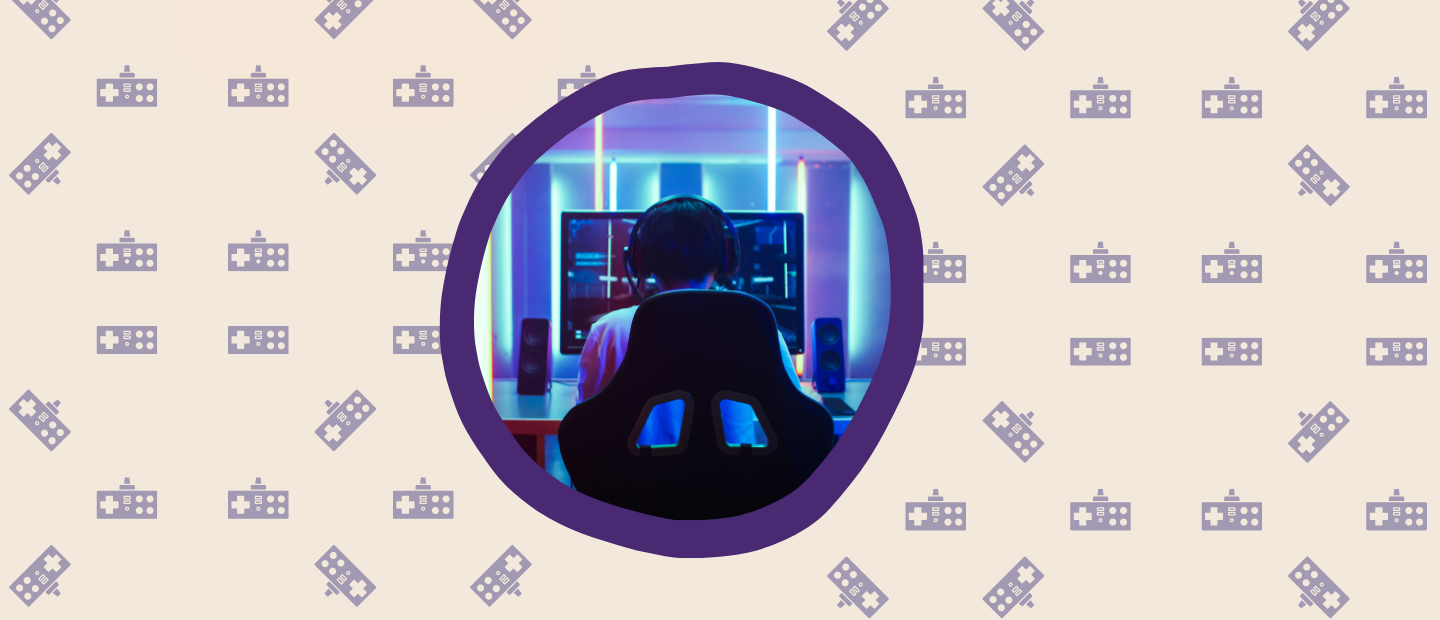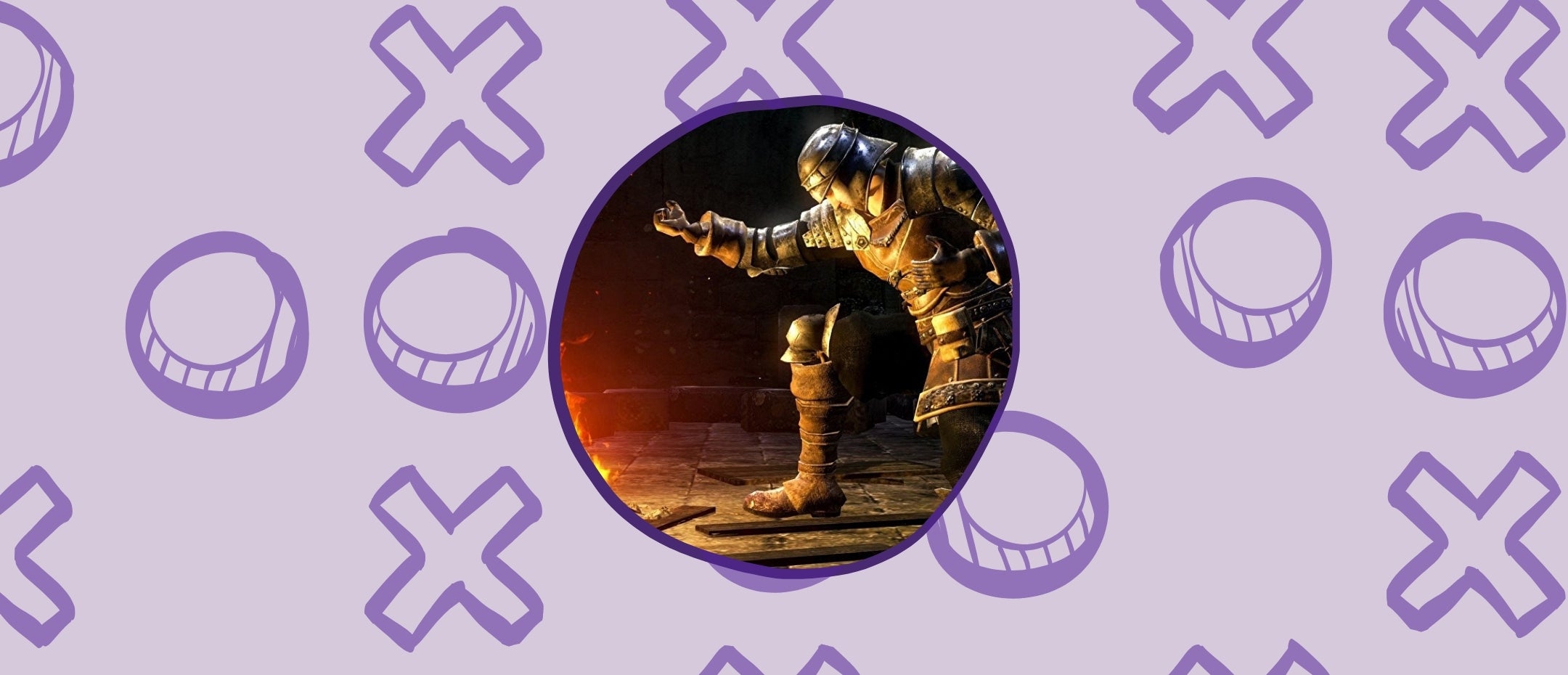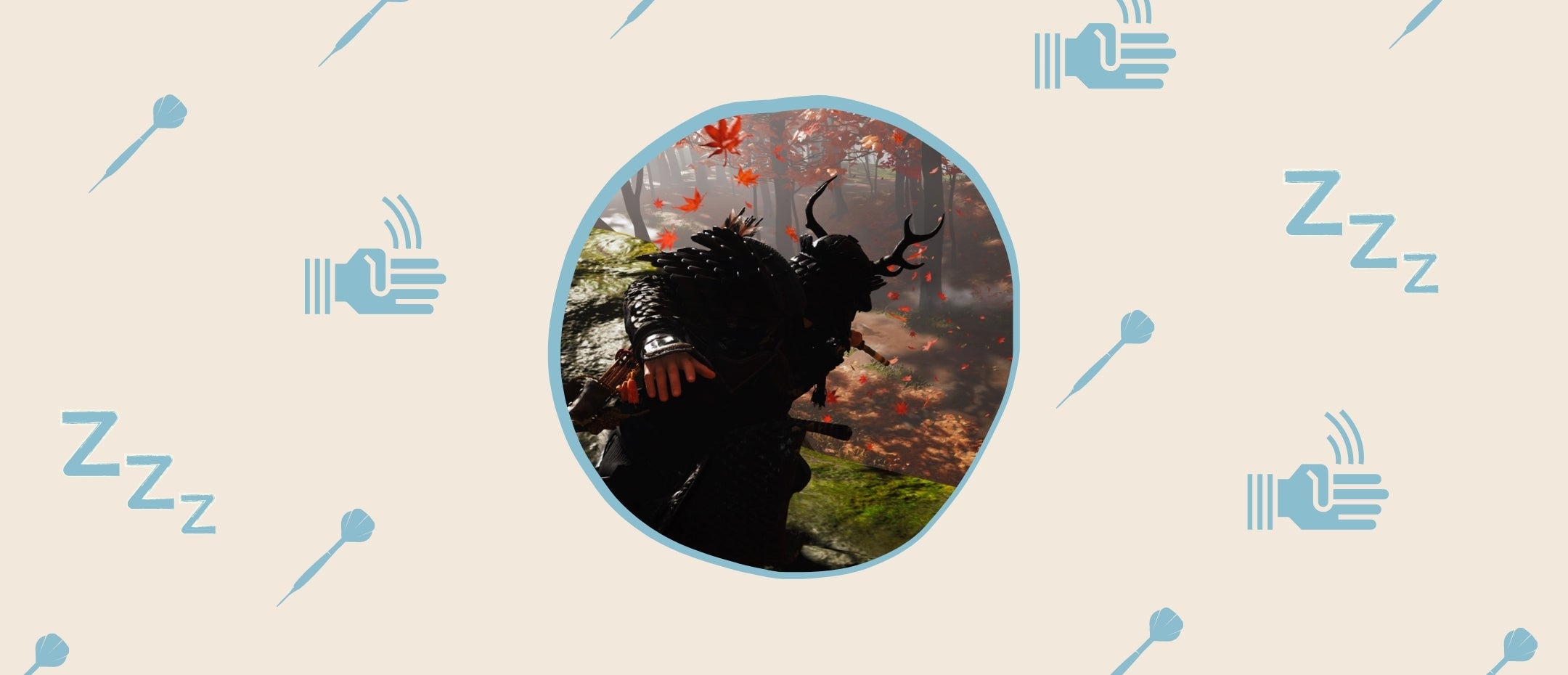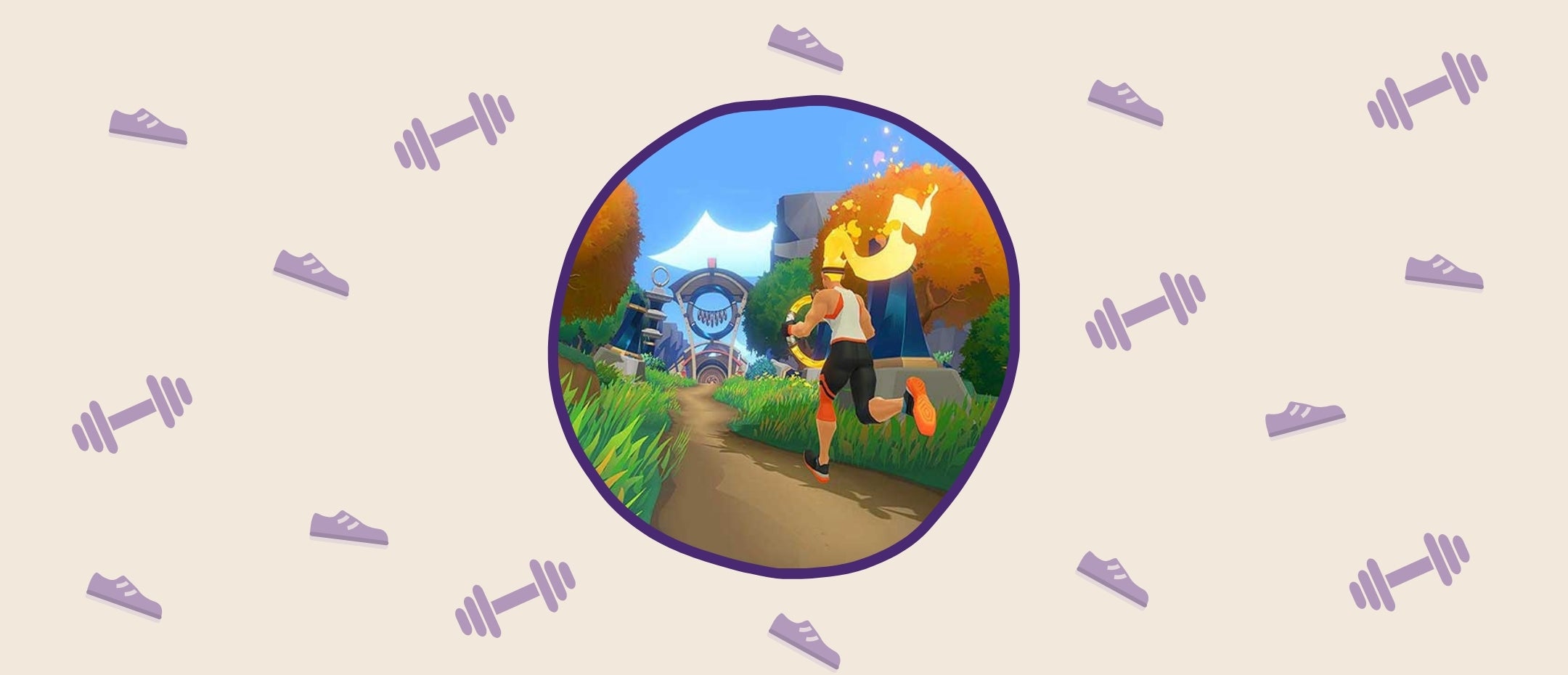Have you ever had the (crazy) dream of becoming a professional video game player, of taking part in this now famous world of electronic sports, commonly called e-sports?
Oh, it already crossed my mind... for an hour or two. Realistically, I don't have what it takes to be a pro-gamer, both in terms of talent (especially) and the sacrifices it requires. But if you are one of those who caress this project with envy and determination, you should know that it implies, beyond talent, a very particular lifestyle.
E-Sports training is not as easy as one would like to believe.
E-Sports Training: The Schedule
The daily life of a professional e-sports player will be different if he or she is in the middle of a competition, or if he or she is at the training stage. When training, in addition to the technical and essential aspect of knowing everything about their favorite video game, being aware of updates, and playing daily to keep their reflexes, players must also have good life and sleep hygiene.
Take the famous Stéphanie Harvey (Miss Harvey), who won 5 times at the Counter-Strike World Championship. She didn't become this great world champion by only playing full time.
"Sitting in front of a screen for long hours without moving... except for the fingers, the risk of gaining weight is important. In order to spend your energy and avoid weight gain, you have to be active, play sports and exercise," says Miss Harvey (Source : La Presse, in French).
It's All About Balance
While training, a pro-gamer can count between 35 and 50 hours of play per week, according to a schedule predetermined by himself or his team (for example, from 5 p.m. to midnight). But if you play like this every night to become better, to aim for the top of your game, you have to rebalance things during the day.
After a good night's sleep, a typical e-sports training can look like :
- A mid to late-morning awakening;
- Followed by a balanced meal (good nutrition is essential, as is adequate sleep);
- Followed by physical training or even meditation to help concentration.
The older you get, the more essential this good life balance is in a pro-gamer training routine.

Specialized "Gaming Houses" for E-Sports Training
In order to stay focused, some players cut themselves off from outside distractions. The danger with this practice is to suffer from loneliness, isolation. This is why gaming houses exist, places where a few players can live together (think of the talented Rebellion team from Montreal, Overwatch pros, who had their own gaming house).
In this way, a dose of stress and anxiety is removed, people are all together to discuss, exchange and share daily tasks. But hey, this type of installation has a certain cost. E-sports coaches can also help to maximize the player's playing time, be there as moral support, coach the player to help him maintain a balanced lifestyle.
Of course, these "gaming houses", coaches and long hours of play apply mainly to professional players. With such a pace of life, the person who lives only from e-sport can organize his or her schedule as he or she wishes (or according to his or her team) and bet on gaming sessions during the day. This way, the pro-gamer can expect to go to bed earlier in the evening, instead of finishing his last game at midnight. A good night's sleep is essential for performance and concentration. This applies to everyone, of course.

For example, I've always been a gamer and I like to spend hours on my favorite games, but I'm anything but a pro-gamer. Today's games are particularly immersive and it's not uncommon to find that time goes by very fast when playing a very exciting game.
Eyelids a little heavy, reflexes a little less sharp, my knight with the flaming sword facing a wall because I blinked my eyes just a moment too long. Well, time to go to bed I guess...
So yes, whether you're a professional gamer or not, sleep is ultra-important. And rightly so: imagine for those professionals who have to perform day after day, the huge amounts of money that are at stake, the pressure and the sponsors?

A Few Figures
The average age of a pro-gamer is 25 years old, there are nearly 5,000 e-sports players in North America and the worldwide turnover of this discipline is close to one billion dollars. Already this year, more than 65 million dollars have been awarded in prizes, through 2641 tournaments (it should be noted that many competitions have been canceled in 2020 for reasons we know).
As an example, last year, the winning DOTA 2 team was awarded $15.6 million USD. Such sums are attractive to the young player who wishes to embark on a career and learn more about e-sports training.
Expert opinion on "typical" pro-gamer training
According to François Savard, member of the Board of Directors of the Fédération québécoise de sports électroniques (FQSE), to answer the question "what is the typical training schedule of a professional player", it is important to first ask: "is there a typical training schedule for professional players?".
"One of the major problems with electronic sports today is the coaching aspect. First of all, it is important to understand that not all teams have the resources to hire physical coaches, nutritionists, sports psychologists, etc. The players on these teams, or the professional players who are not part of a team, are too often left to their own devices, or they have coaches who are former pro players with a very peculiar mindset. You know, this way of thinking from not so long ago when the norm was to play as long as possible, every day.
Fortunately today, doctors like Gamer Doc are there to help organizations develop good practices," concluded Mr. Savard.
Do you have any questions after reading this article? There are some things that might make you hesitate to pursue this type of career? I will come back soon with a complete article to guide young players who are aiming to become pro-gamers.
And what about me? Well, I've given up the idea of becoming a professional player. On the other hand, I still try to eat a balanced diet (not the easiest thing), I work hard to stay in shape, I still play my games in my waking life and in my nights of sleep. And I still sometimes dream... that I just might become one day a video game champion!










